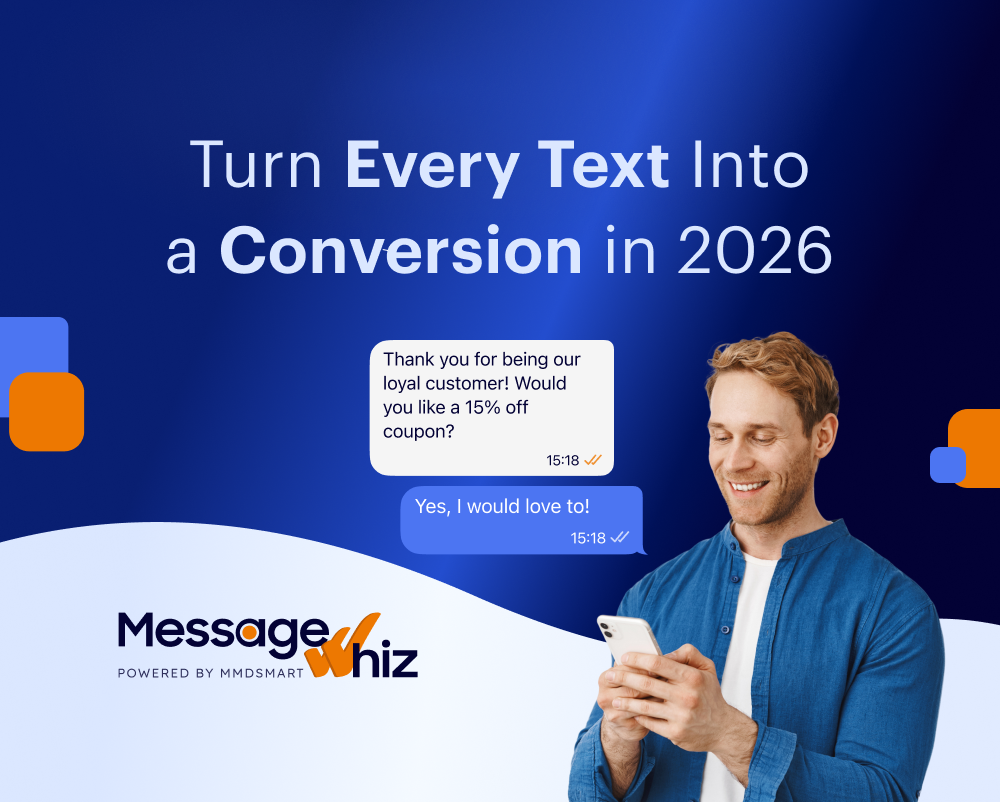Rich messaging is here, but if businesses and marketing departments don’t understand how it can help them develop their business, retain customers, and deliver a better customer experience, it will never be effectively implemented.
It’s fair to say that SMS had been an underutilized tool by most businesses over the last two decades. Despite every metric showing the advantages of text messaging over email, email continues to be the dominant form of communication between brands and consumers or leads. As an industry, we missed an opportunity by focusing on the broadcast bulk aspect of the business, where the “Easy” money was, and not the added- value service proposition.
RCS has the potential to be a game changer for marketers. As the native messaging app, it puts branded messages directly on the consumer’s smartphone home screen, opens up richer messages for lead generation, and enhances the opportunity for one-on-one conversations between sales teams and prospects. However, all that potential will go unrealized if we don’t take important steps today.
Education
As an industry, carriers and texting solutions for business providers need to educate the market about the value of our services. Messaging should be Known as a complementary digital marketing channel across all verticals, as is measurable, highly targeted, and adaptable to changing situations, and thus similar to other digital marketing tools.
But unlike those other tools, mobile messaging has unique value as it alone accompanies the consumer along their journey from top to bottom of the funnel. It is the common denominator, the uniting force even in the era of multi-channel messaging.
Yet, despite its unique position, versatility, and eminent usability, it is outside of the purview of most digital marketers. As an industry, we need to change the narrative about messaging. We need to develop marketing content with compelling, realistic use cases that present messaging as an important digital marketing element and deliverer of high ROI. Without educating the market, messaging will continue to struggle as a digital marketing channel.
Ubiquity
Marketers know that smartphones are ubiquitous, but they don’t consider messaging as an essential element when developing their marketing campaigns. It’s vital that we help them recognize the opportunity that exists within every mobile phone.
A 2018 University of Illinois study found that 31% of men and 38% of women hold their phones even when not in use. A 2019 study by Asurion showed that Americans check their phones an average of 96 times per day, or once every ten minutes.
The same Asurion research that shows the frequency with which American’s pick up their phone also shows that people of all ages, from baby boomers to teens, prefer texting to talking.
The phone is almost always within arm’s reach of your customers, providing marketers with the one constant they need to reach out to them. Mobile messaging is an ideal medium to connect at any point in the funnel. Savvy marketers can reach out to prospects at the top of the funnel with blogs and videos, share data sheets and other materials as they move down the funnel, and answer any questions as the sale closes.
Moving Forward
The RCS market is currently in the early adopter stage. Innovative marketers are investing in the technology, and using it to simplify payments, make reservations and appointments, and share content as part of lead gen activity.
Today, business SMS service providers and others in the space need to make a concerted effort to educate our target market and propel RCS into mass market usage.
Ira Cohen is VP, Business Development & Marketing at MMDSmart℠


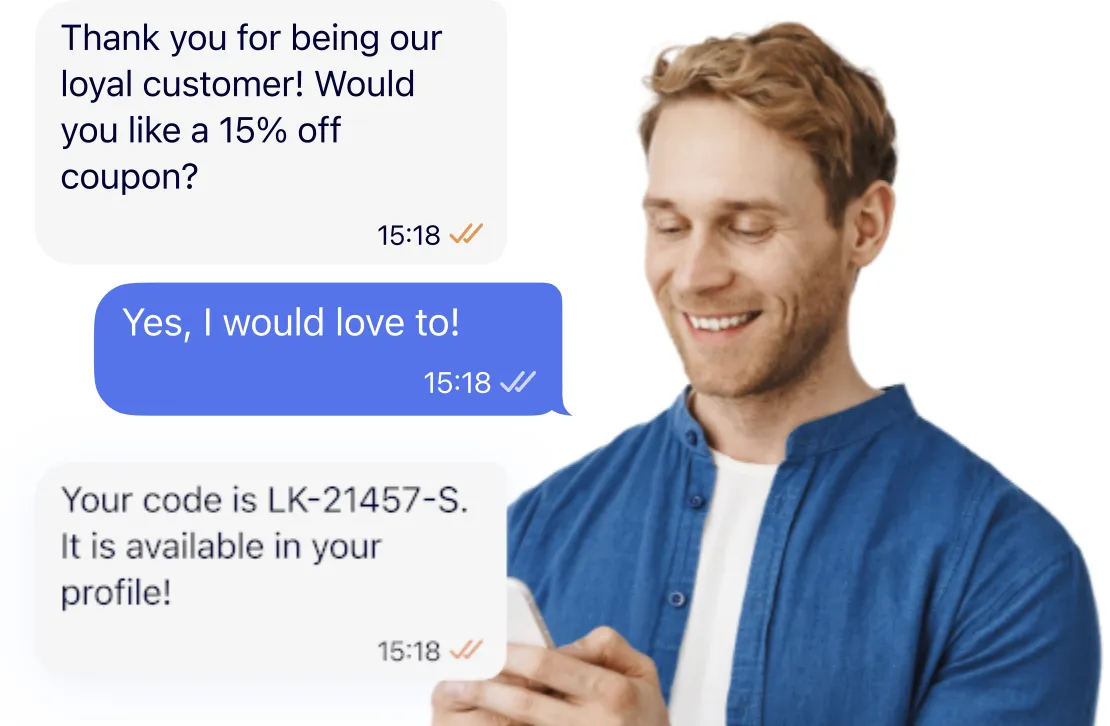
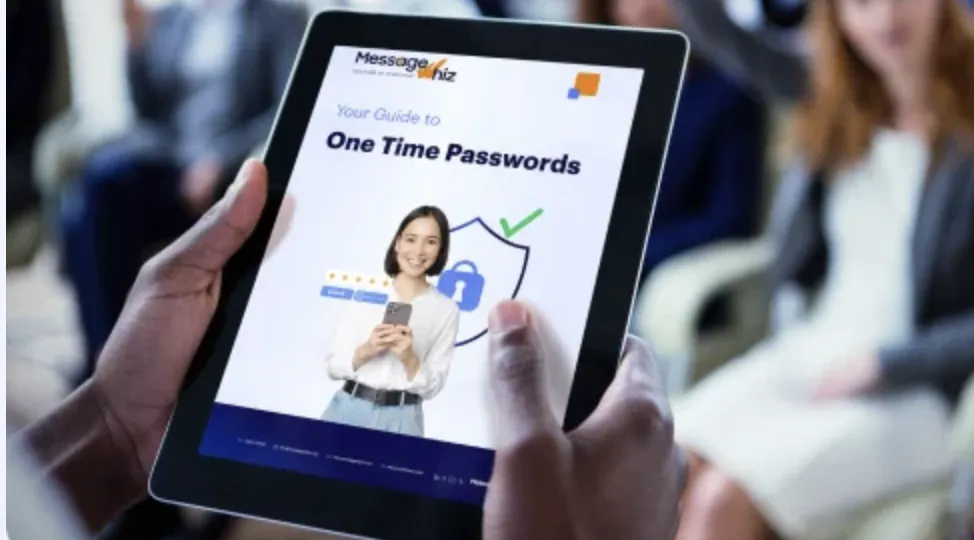
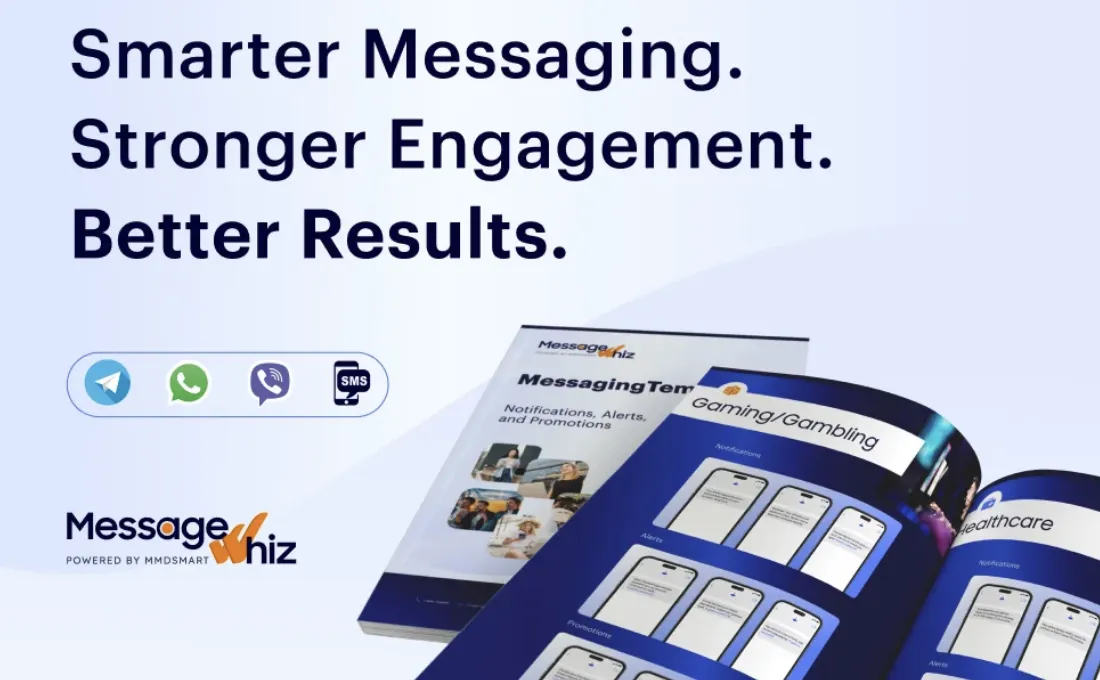

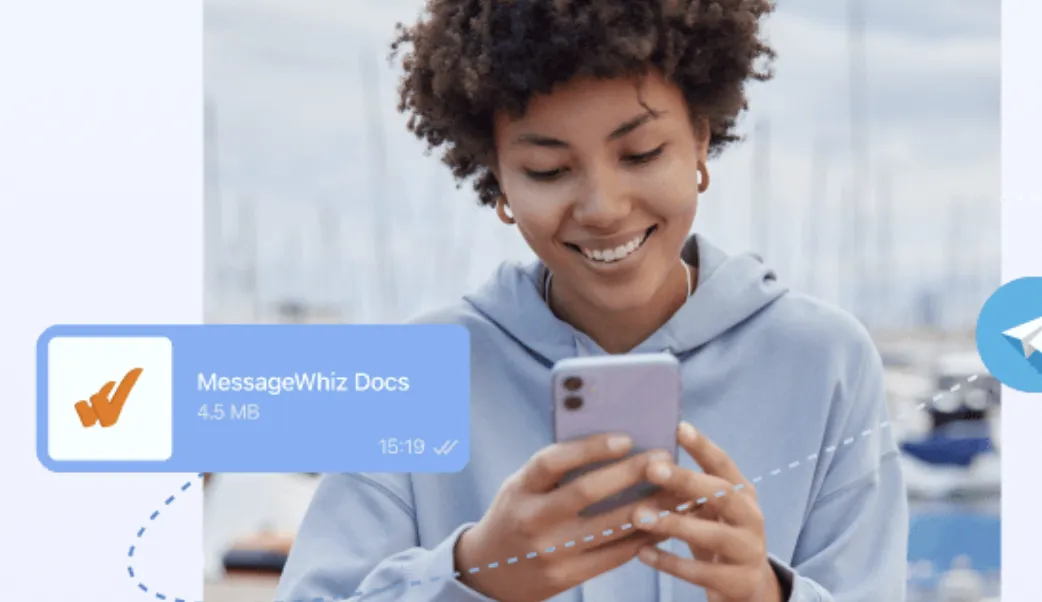
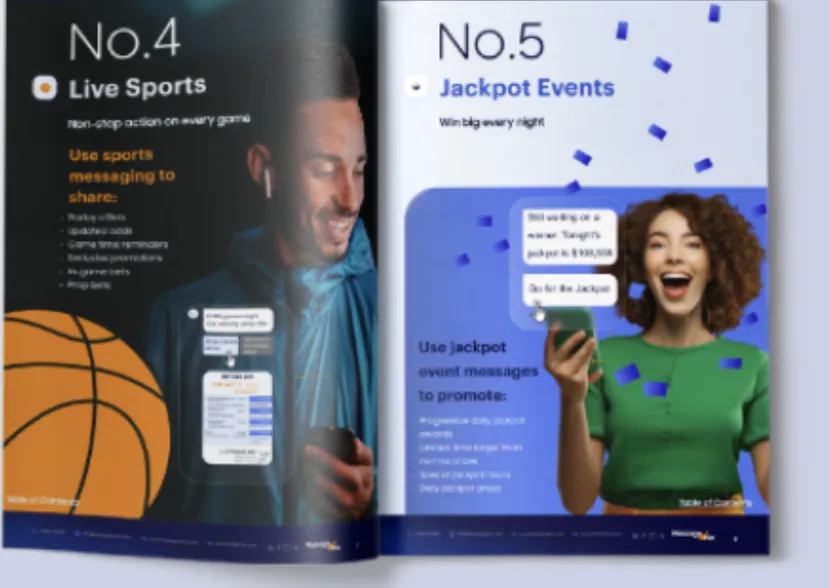

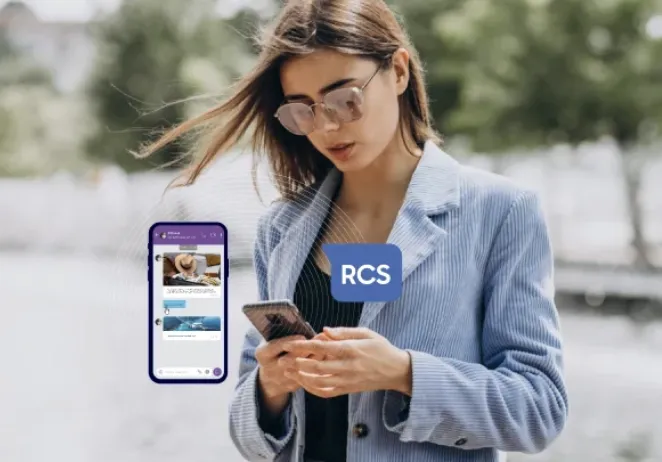
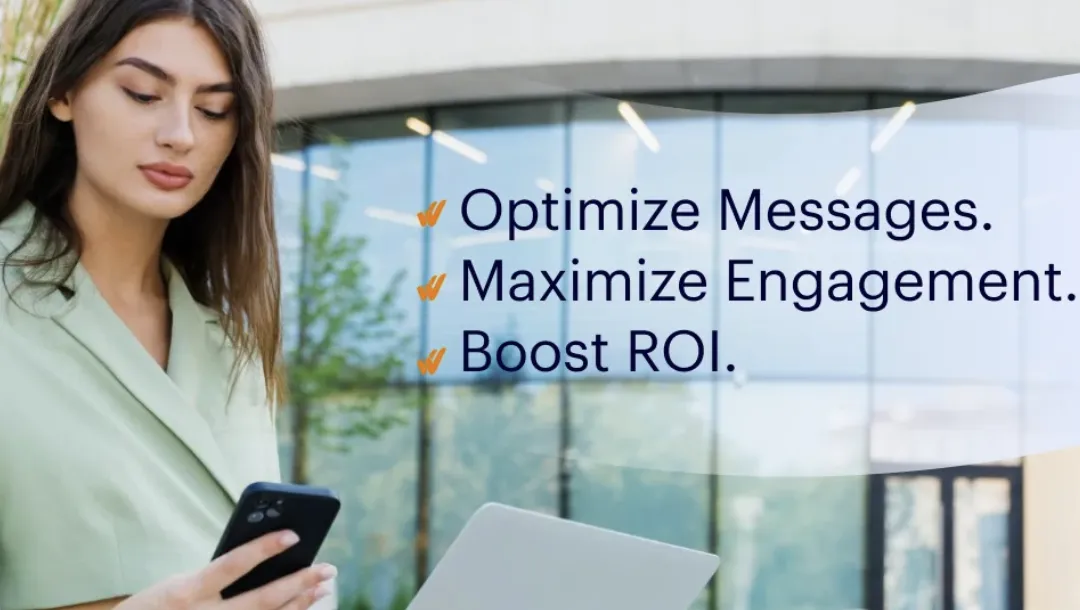








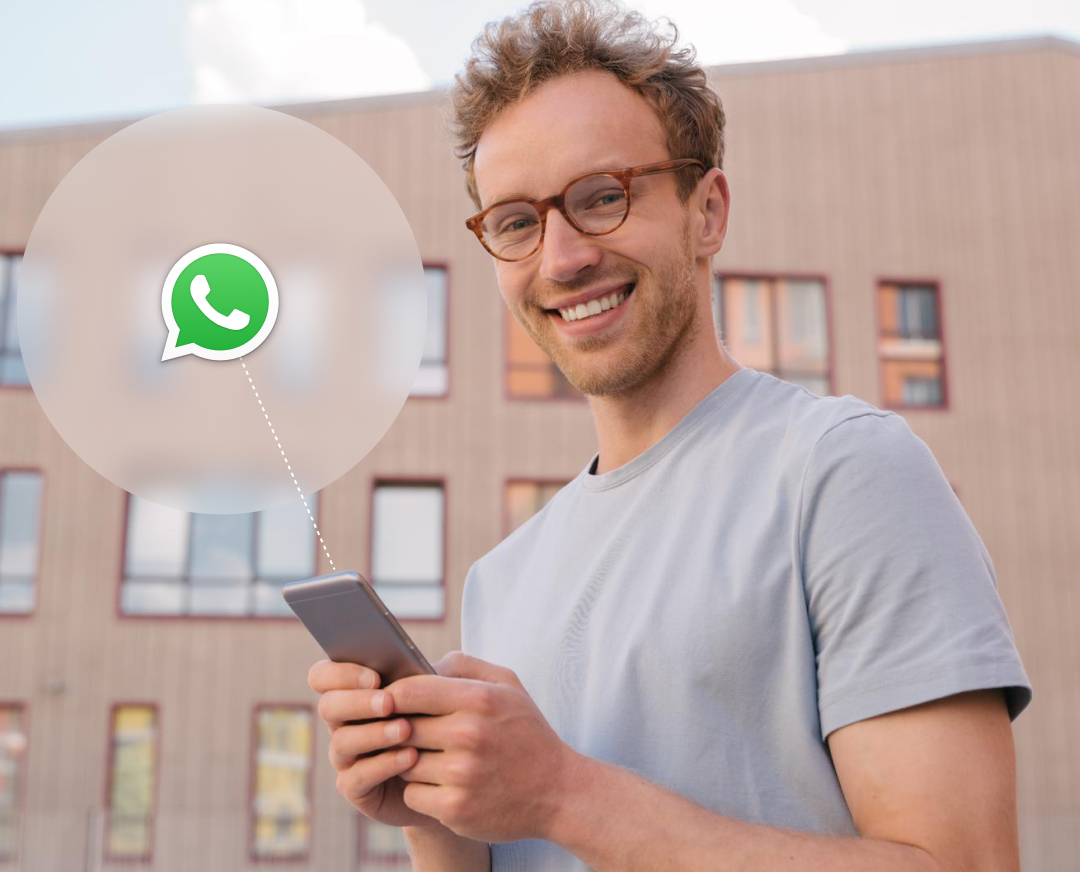




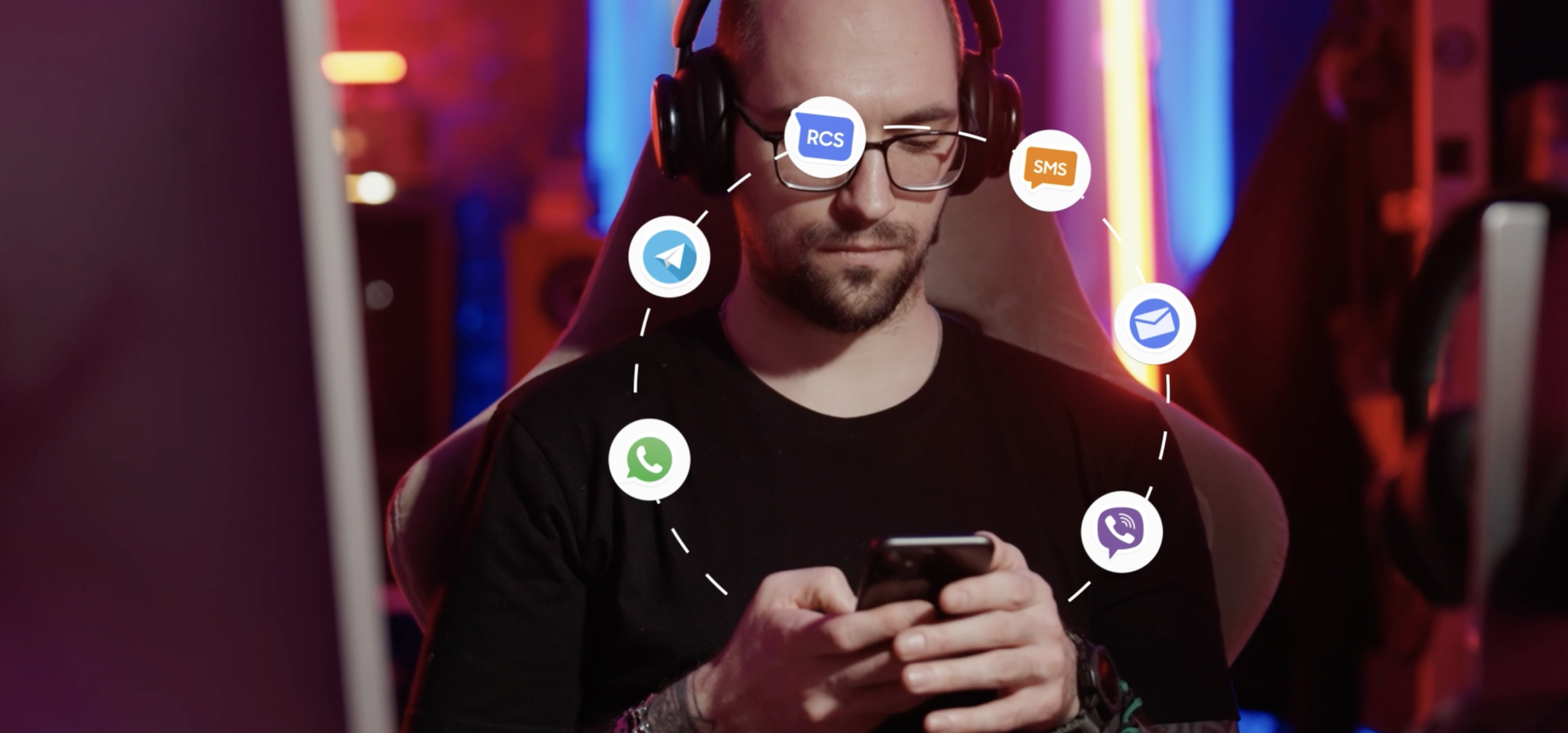









![10 SMS Marketing Services Compared [2026 Guide] | Message Whiz blog image](https://messagewhiz.com/wp-content/uploads/2025/11/smiling-woman-holding-smartphone-remixed-media-2.jpg)
